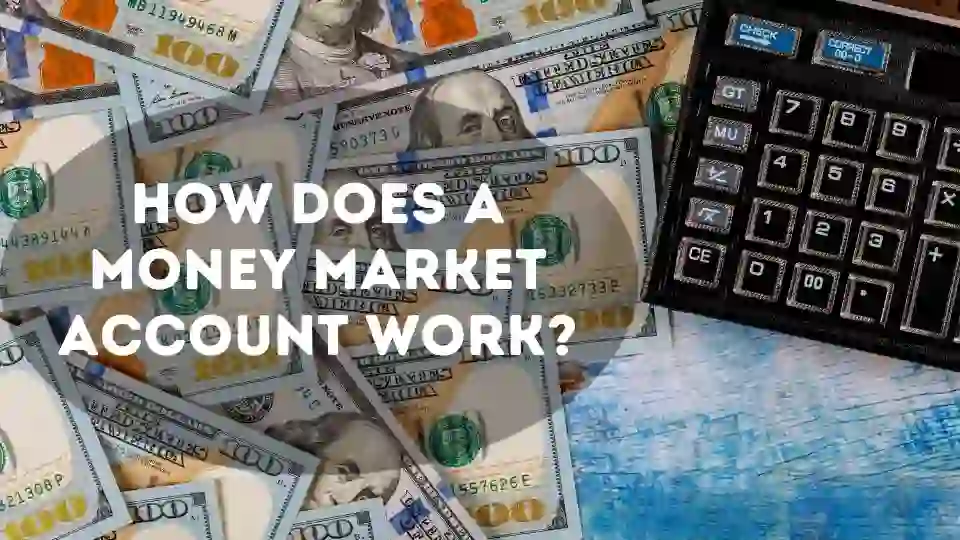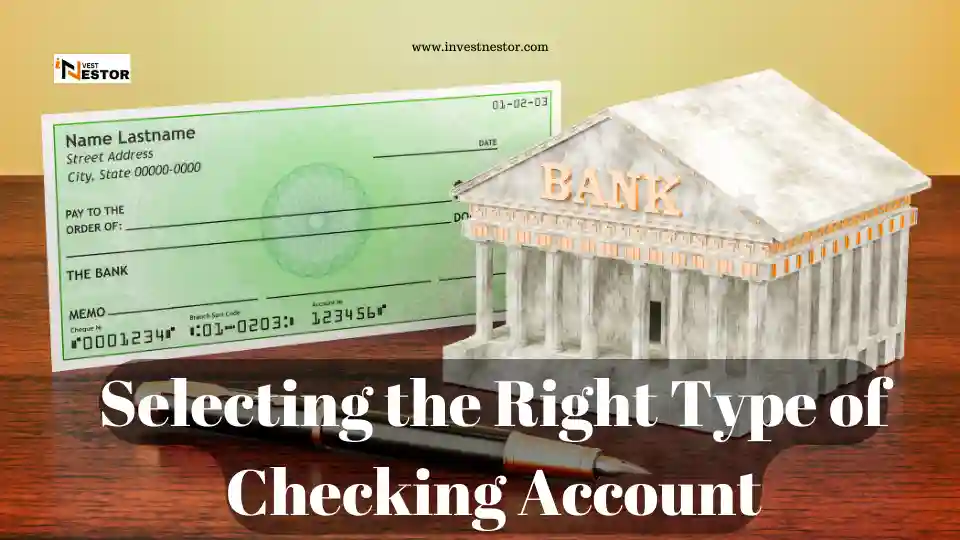
What Are Overdraft Fees, and How Can You Prevent Them?
Have you ever gone to pay for your morning coffee only to find your bank account suddenly drained of every last dollar? You probably got struck with an overdraft fee. When your account balance is exceeded, banks impose penalties. There are several methods can avoid overdraft fees. Here's why and how to avoid overdraft fees!
Key Highlights
Banks and credit unions cannot assess overdraft fees for a single debit card transaction or ATM withdrawal unless you request it.
If they cover a check or electronic payment that overdraws your account, they might charge you overdraft fees without your approval.
Do you have debit transactions or withdrawal fees without overdraft protection? Report them to the CFPB.
Overdraft Fees: What You Need to Know
If you try to make a transaction when your bank account is short on cash, you will be hit with the dreaded overdraft fee. An overdraft fee is also referred to as the NSF penalty.
Suppose you overspend the amount in your account balance. Your bank will charge you overdraft fees. For example, if you mistakenly spend $50 (which is more than you currently have in your account) & then write a $100 cheque, the bank will hit you with a $35. So this is the overdraft fee which you are liable to pay.
Overdraft fees are high because banks profit from them. Studies show banks made over $15 billion from overdraft fees in 2019. Overdraft fees teach financial responsibility, yet they often hurt people with low incomes.
If you never pay your overdraft fees, the bank may terminate your account, send your bills to collectors, and damage your credit. Fees and penalties pile up fast. Avoid fees by paying overdrafts immediately. Discuss overdraft protection with your bank, such as attaching a savings account or line of credit to cover deficits. You may prevent or reduce overdraft fees by taking precautions.
Why are overdraft fees so high?
-
Overdraft fees are high because banks can get away with it. You are powerless over them once you have overdrawn your account. Then what will you do?
-
Banks make a killing from overdraft charges. The CFPB said banks received $15 billion in overdraft fees in 2019. That's more than they earned from actual interest!
-
Overdraft fees are short-term, high-interest loans. Say you overdraw your account by $35. The bank covers it and then charges you a $35 fee. That's a 100% APR! If you don't pay it back quickly, subsequent daily fees can drive the APR up to thousands of percent.
-
Some argue that overdraft fees teach financial responsibility. But when a single mistake can cost so much, the lesson feels more like exploitation. This is particularly valid for recently opened accounts or those with lesser salaries.
-
The good news is that options are available to you. Opt out of overdraft "protection", so charges are just declined. Link a savings account as an overdraft backup. Shop around at banks with lower fees or second-chance accounts. And if you're drowning in overdraft debt, ask your bank for a fee reversal - they may grant a one-time courtesy.
-
Overdraft fees don't have to ravage your budget. Stand up for your rights, take control of your accounts, and don't let banks take advantage of your mistakes. You deserve better.
How can I avoid overdraft fees?
Are you tired of those pesky overdraft fees? It's time to switch up your banking game. Let's explore the best ways to avoid overdraft fees:
1. Avoid having an overdraft.
If you choose not to have overdraft protection, the bank will refuse any transaction that might cause your account to be overdrawn.
2. Observe the balances in your accounts.
To be aware of when they may overdraft, several banks let their clients activate low-balance notifications on their accounts.
3. Configure transfers for overdraft protection.
If your bank offers free overdraft transfers, open a separate account for the bank to utilise if the original account overdraws.
4. Pick a prepaid debit card.
Prepaid debit card users have limited accessible funds; therefore, any attempt to complete a transaction with less than the available funds will be declined.
5. Request an overdraft charge refund from your bank.
You may be eligible to waive the overdraft fee if you get in touch with your bank's customer service department after paying an overdraft fee and don't have a history of frequent overdrafts.
Switch banks if they levy overdraft fees.
Some banks refuse overdraft transactions or have strong overdraft protection practices instead of collecting overdraft fees. If you spend less often, you may wish to switch accounts.
What happens if I never pay my overdraft?
Failure to pay the overdraft fees might harm your account in numerous ways:
-
Bank accounts may be closed: The bank may cancel your account if fees are unpaid after a specified time. This may ruin your connection with the bank and your prospects of creating another account.
-
Your credit score could drop: Unsettled overdrafts can slash your credit score by over 100 points, depending on the owed sum. Securing loans, credit cards, insurance, apartments, and jobs is a tough road.
-
Collections may get involved: The bank may assign the account to a collection agency to get the money owing if the overdraft is unpaid for an extended period. Dealing with collection agencies may be difficult since they sometimes employ forceful methods to recover debts. They may deduct your wages or put liens on your property.
-
The overdraft amount plus fees will continue to increase: The longer the overdraft goes unpaid, the more fees will accumulate. A little overdraft might soon balloon into a big debt. Paying up the overdraft quickly minimizes harm.
Overdraft fees may damage your credit, banking connection, and finances if not paid on time. prevent overdrawing your account and settle the debt as soon as possible to avoid these complications.
How do I convince my bank to refund overdraft fees?
Many banks waive overdraft fees. However, each bank has its own policy. Some banks provide automated deposits from linked accounts or structured fee waivers. Follow these methods to recover overdraft fees:
-
Request a refund: The easiest solutions are only sometimes the best. Contact your bank's customer care or teller to get a refund. Explain your request, such as a greater autopayment or delayed deposit. Many banks value working with loyal customers who have strong banking habits.
-
Reach out to a superior: If a customer care agent won't waive an overdraft fee, ask to speak with a manager or supervisor. Remember that bank staff members are more willing to work with you if you are courteous and remain composed during the process.
-
You can switch banks if you want to: If your bank won't waive the fee, consider switching. You may find a bank with no overdraft fees or less rigorous rules.
Final Words
Overdraft fees are a pain, mainly because they always appear at the worst possible moments. After learning why banks charge so much and what happens if you ignore them, you can avoid getting exploded. Monitor your account balance, set up notifications for low balances, and don't spend more than you have. Make quick payments on overdrafts. Your money and sanity will appreciate it.
FAQs
Can you provide an example of an overdraft fee?
You're $25 short, but the bank comes to your rescue with a loan and saves the day. Imagine the bank swoops in with a $30 overdraft fee. After deducting the $30 fee and $25 overdraft, your account balance would be a negative $55.
How are overdraft fees explained?
An overdraft fee is payable when a bank account payment or withdrawal exceeds the available amount, and your bank offers overdraft protection. In addition to charging a fee, the bank or credit union covers the transaction.
Can overdraft fees be refunded?
Yes, some banks may waive overdraft fees, but it varies. Certain banks offer fee waivers and automatic deposits from linked accounts.
Read Also:


 to Your Advantage.webp)



0 Comments
Add a comment